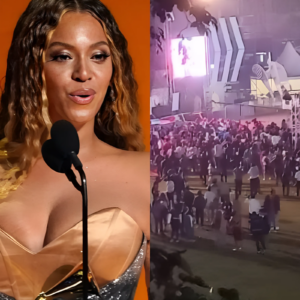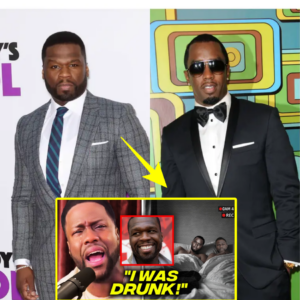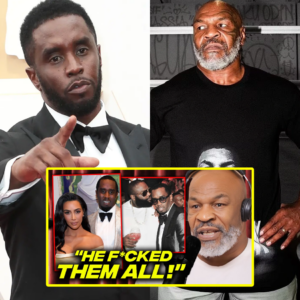The content of the transcript delves into a web of sensational allegations, weaving a narrative that implicates several prominent figures in the entertainment industry. At its core, the discussion revolves around the purported involvement of rapper Rick Ross and music mogul Diddy in activities that are suggested to be morally dubious and potentially illegal.

The text begins by introducing Tia, who is portrayed as Rick Ross’s former partner and a vocal critic of his actions. Tia is depicted as someone who is unafraid to speak out against Ross, alleging that he has participated in gatherings hosted by Diddy that involve what she terms as “freak off” parties. These parties are described as events where guests engage in behaviors that are implied to be sexually promiscuous and morally questionable.
Throughout the transcript, Tia’s claims are presented as both shocking and credible, with references made to past lyrics from Rick Ross’s songs and social media posts that seemingly corroborate her allegations. Additionally, the text mentions the testimony of an individual who claims to have attended these parties and witnessed firsthand the involvement of Ross, Diddy, and others in activities that are characterized as inappropriate.
As the discussion unfolds, the focus shifts to the potential legal ramifications of these allegations. Tia suggests that Ross may be fearful of facing consequences for his actions, particularly if evidence of his involvement in these activities were to come to light. The text also alludes to the possibility of legal action being taken against Diddy, with references made to past lawsuits and settlements involving him and his associates.
In addition to exploring the legal implications, the transcript delves into the broader cultural significance of these allegations. It raises questions about the nature of fame and power in the entertainment industry, as well as the moral responsibility that public figures have to their fans and the wider community. The discussion prompts reflection on issues such as accountability, consent, and the exploitation of power dynamics in celebrity culture.
Overall, the transcript paints a complex and compelling portrait of the intersection between fame, wealth, and morality in the entertainment industry. It presents a narrative that is both scandalous and thought-provoking, inviting readers to consider the implications of the allegations and the broader societal issues they raise.
News
Diddy LEAKS Disturbing FOOTAGE Of Beyonce & Jay Z | New EVIDENCE Revealed
The unfolding drama involving Diddy, Jay-Z, and Beyoncé has captivated audiences worldwide. Allegations of scandalous tapes, federal raids, and personal vendettas have dominated headlines, leaving fans shocked…
Tiffany Haddish SHADES Jennifer Hudson For Stealing Common From Her
Tiffany Haddish is making it abundantly clear that she’s not thrilled about comments on new relationship with Jennifer Hudson. She threw some major shade at Jennifer, hinting…
Breaking: Beyoncé’s “Cowboy Carter” Tour Sees Lackluster Ticket Sales, “Only 1500 So Far”
In a surprising twist of fate, Beyoncé’s highly anticipated “Cowboy Carter” tour has encountered a lackluster start, with only 1500 tickets sold for its opening night. This…
“Blue ivy is pregnant” Cardi b Exposed truth about the pregnancy on live TV show says CONGRATS
Welcome to CB Gossip, your go-to source for all the juiciest entertainment news. Don’t forget to hit that subscribe button and ring the bell for more updates….
Kevin Hart FREAKS OUT As 50 Cent LEAKS New Video Of Him & Diddy..
Absolutely, let’s delve deeper into these issues. It seems like there’s a plethora of speculation and rumors surrounding celebrities and their connections to Diddy’s controversial activities. From…
Mike Tyson EXPOSES Members Of Diddy’s S3X CULT..
Unveiling Diddy’s Troubles: A Deep Dive into Allegations and Controversies In recent years, Sean “Diddy” Combs, the rap mogul and entrepreneur, has found himself embroiled in a…
End of content
No more pages to load











